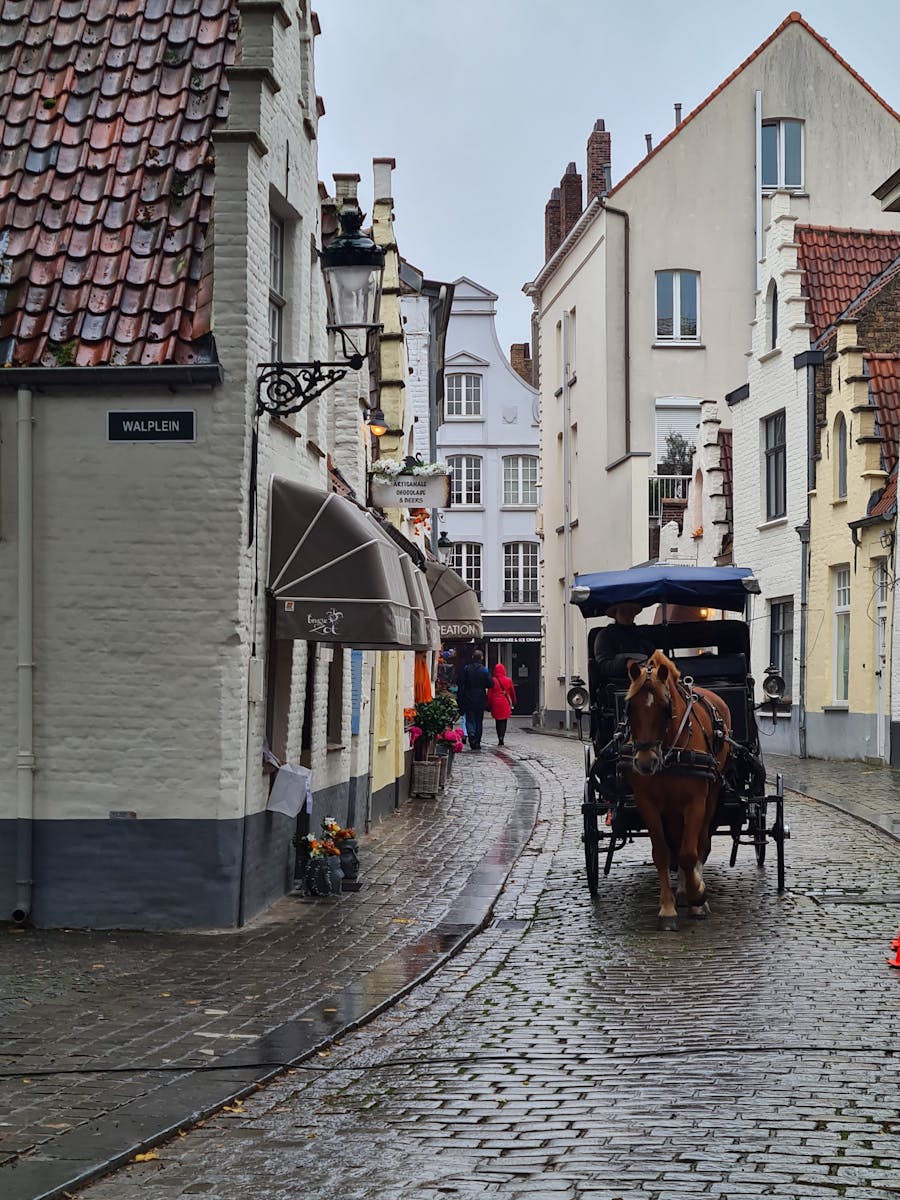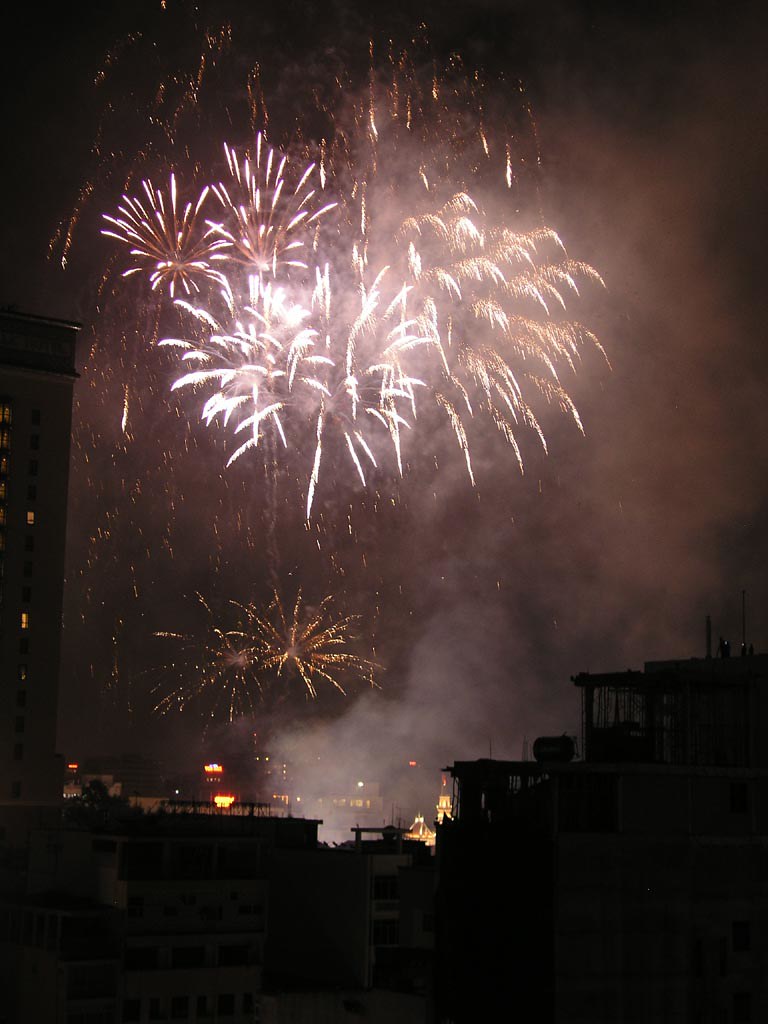The Chaotic Symphony of Translations: A Street-Level Adventure in Language and Laughter
The streets come alive with a chaotic symphony of translations—on signs, menus, and directions—where humor and confusion meet, turning language into a shared adventure for both tourists and locals. It begins the moment a traveler steps off the plane, takes a cab into the city, and sees their first welcome: “We Hope You Enjoy the Disease-Free Happiness” printed cheerfully at the entrance to the airport. It’s a mistranslation, of course—meant to say something about health and joy—but in that moment, it perfectly captures the blend of comedy and sincerity that defines so much of the urban experience in non-English-speaking cities embracing the global traveler.

From Bangkok to Buenos Aires, from Hanoi to Istanbul, the global city is a multilingual crossroads. And where languages collide, translation becomes not just a tool but a kind of performance art. Nowhere is this more evident than in the streets—where small shops, street vendors, and family-run restaurants try to extend a welcoming hand across the language barrier, often with the help of automatic translation tools or the nearest bilingual teenager. The result? A glorious mess of meaning.
Take, for instance, a sign spotted outside a café in Ho Chi Minh City: “We have Wifi, and chicken you can trust.” The intent is clear: a clean, reliable spot to eat and check your email. But the phrasing evokes something closer to espionage or poultry-based romance. Or a menu in Tokyo offering “Fried exploded shrimps,” as though the kitchen were conducting crustacean warfare. These errors, rather than being frustrating, have become part of the charm for travelers. They provoke laughter, surprise, and above all, connection. When a tourist points and giggles, the shop owner often laughs too—because they’ve likely heard the joke before. That small shared moment becomes its own form of communication.
It’s important to remember that translation is a balancing act: between literal meaning and cultural nuance, between accuracy and intent. Machine translation has come a long way, but it still lacks the subtlety of human interpretation. When a machine sees “fresh spring rolls,” it might spit out something like “uncooked seasonal turning,” which isn’t exactly appetizing. And so, streets around the world become stages where this balancing act is performed—with grace, with failure, but always with humor.

Remains unusually quiet, a stark contrast to its usual lively streets and bustling eateries.
There’s also something democratic in this confusion. No one is entirely at home when the languages are unfamiliar. Locals and visitors both get things wrong. Tourists ask for directions in butchered local phrases; residents try out their high school English or a guess from Google Translate. These encounters are rarely smooth, but they’re full of effort and humanity. A German backpacker in Thailand might mispronounce a key phrase and end up ordering five iced teas instead of one. A Vietnamese student trying to help a French couple might describe the museum as “a place where old things have the quiet life.” But everyone usually gets where they’re going in the end, often with a smile.
In many ways, this symphony of translation reflects a deeper truth about travel and connection. We are all trying to understand one another, even when we don’t share the same words. Language barriers may slow us down, but they also open up new ways of seeing. A poorly translated sign can be a moment of levity in a long day. A confused conversation can become a story you’ll tell for years. A mistranslated proverb painted on a restaurant wall—“No chicken, no cry”—can become a kind of unofficial motto for your trip.
Some cities have embraced this chaos and even turned it into a tourist attraction. In Tokyo’s Harajuku district, signs in “Engrish” are part of the visual culture: charming, surreal, and oddly poetic. In Beijing, a park once featured a sign warning visitors: “Be careful of landslide and falling people.” In Prague, an art museum once promised “high-quality fake statues” as part of a temporary exhibit. These moments create an accidental poetry—phrases that linger in the memory longer than perfectly translated ones ever could.
But it’s not just about comedy. Sometimes, the stakes are higher. Poor translations can confuse medical directions or public safety messages. In one instance, a mistranslation on a medication label in Spain caused someone to overdose. In emergencies, clarity is crucial. That’s why many governments and cities are investing in better translation infrastructure—hiring professionals, adding pictograms, or simplifying language for easier translation. But for day-to-day life on the street, the messy reality often prevails.
The beauty of these imperfect translations lies in what they reveal: the earnestness of small business owners trying to connect, the creativity of human improvisation, and the shared vulnerability of not knowing exactly what’s being said, yet trying to understand anyway. In the neon-lit streets of Seoul, you might find a bar named “Almost Like Home,” where the menu offers “chicken that regret nothing.” In Mexico City, a taco stand might proudly display its signature dish as “Pastor with Honesty.” What they lack in grammar, they make up for in charm.
And tourists respond in kind. Many carry phrasebooks not because they expect to be fluent, but because they want to show that they care. A mispronounced “thank you” in Thai or an awkward “bonjour” in Paris is often met with warmth rather than derision. The effort counts. Even a smile and a pantomime can go a long way.
In fact, it’s this kind of interaction—clumsy, funny, but genuine—that creates the most vivid memories of travel. You might not recall the exact historical facts from a guided tour, but you’ll remember the time you tried to order soup and accidentally asked for a “happy cow in hot water.” Or the time a kind stranger walked with you ten blocks to find your hostel because “Google not trust me today.” These are the stories that stay with you, that make the world feel smaller, kinder, and more wonderfully strange.
There is also something deeply human in our acceptance of linguistic chaos. We don’t expect perfection. We expect to be lost sometimes, to get things wrong, to laugh at the unexpected. We are not computers. We are storytellers, travelers, and translators of our own experience. The streets, with their messy signs and inventive menus, are not just thoroughfares. They are pages in a global diary—written in dozens of tongues, scribbled with errors, but full of life.
In the end, the chaotic symphony of translation on the streets is not something to be corrected but celebrated. It reflects the messy, beautiful process of connection. It reminds us that while language divides us, it also unites us—through laughter, through effort, through shared misunderstandings that somehow bring us closer.
So the next time you’re abroad, and you see a street sign warning you to “Slip Carefully,” or a restaurant proudly offering “Famous Crabs with Attitude,” smile. You’re not just reading a mistake. You’re participating in a global dance—where humor meets hospitality, and language becomes an adventure in itself.




